“Belfast” doesn’t deserve the praise
“Despite having been nominated for seven awards at the Oscars and winning the People’s Choice Award at the Toronto International Film Festival, “Belfast” has little to offer in creativity or substance.”
March 15, 2022
Zephyrus Arts and Entertainment Editor Hannah Owens Pierre examines each Oscar Best Picture nominee in a countdown to the awards ceremony on March 27
“Belfast” is the story of director Kenneth Branagh’s life growing up in Belfast, Northern Ireland during the Protestant-Catholic Troubles of the 1960s. Despite having been nominated for seven awards at the Oscars and winning the People’s Choice Award at the Toronto International Film Festival, “Belfast” has little to offer in creativity or substance. The first scene of the movie is a good indication of what is to come. Young Buddy (Jude Hill) is playing in the streets with the rest of his neighborhood friends before a gang of Protestant loyalists begins attacking the Catholics in the town. What is supposed to be a tense scene is ruined by the comical overuse of slow motion and jolting, wide-lens camera work.
Unintentionally comical is the best way to describe “Belfast.” From the stereotypically irredeemable evil antagonist to the inclusion of a whopping nine Van Morrison songs, it feels like the only genuine joy that can be found from this movie is from making fun of it.
Yet even that joy is severely diminished by how boring the movie is. Few scenes are crucial to the story. It is difficult to connect with any given character in the film, in part due to the atrocious editing. Scenes that could add emotional depth are cut insultingly short for no reason at all. The film is a constant stream of useless dialogue, with shots that cut from conversation to conversation with no time to breathe, none of which are particularly interesting or noteworthy.
Character development is nonexistent. There are no conflicting motivations or surprises, no evolution, as the central family remains unchanged by the end of the film. “Belfast” doesn’t have anything interesting to say about its subject matter, a fascinating and complicated period of Irish history, apart from the obvious conclusion that people should be nicer to one another.
Though “Belfast” is being called a crowd-pleaser, it feels like it is a disservice to even that title. That is, unless it’s appropriate to call an hour montage of people hugging each other in black and white over a Van Morrison song a “crowd-pleaser.” Easily the best part of this film is the fact that it’s an hour and thirty minutes long. Bring back ninety-minute movies.





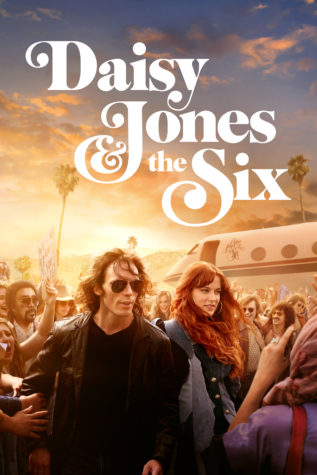
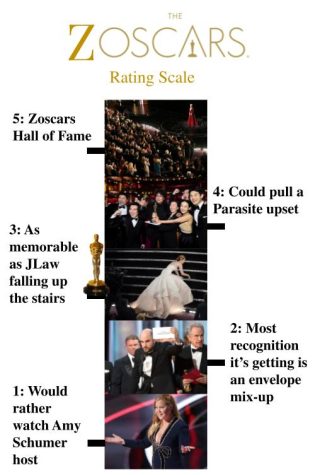

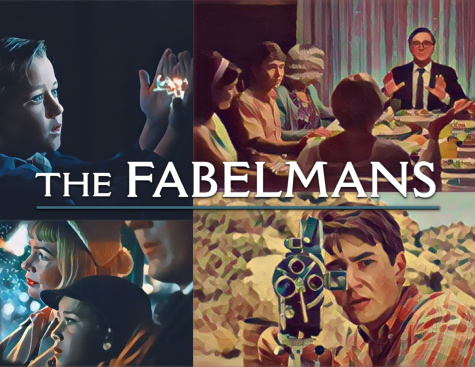


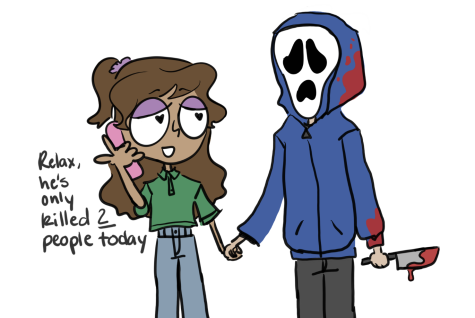
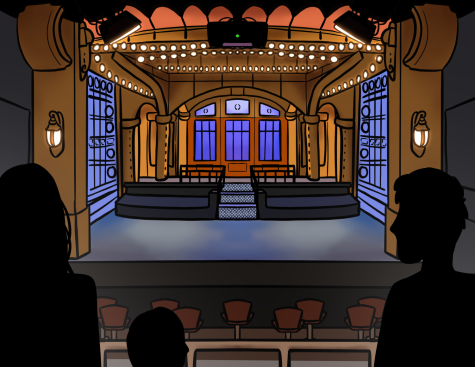
Ellen • Apr 15, 2022 at 1:50 pm
I strongly agree with this review. I am only a film watcher but the poor editing was obvious even to me. Lack of character depth, especially what a waste of Judi Dench. Lots of scenes that made no sense. Just the shallowness of the historical aspects and that Disney-like villain. I do not understand how movies like this get such acclaim.
Annie • Sep 5, 2022 at 1:27 am
You are so right, you two – reviewer and commenter both. How a gifted Shakespearean like Sir Kenneth can prostrate himself into making a risible Van Morrison music video is simply beyond me. So anomalous. This movie recreates The Troubles, all right —> troublingly! A purportedly heartfelt homage to … in the end, cinematic vanity and superficiality. (And the insipid allusions to High Noon & Liberty Valance … seriously? ? “Do not forsake me oh my Branagh” ?)